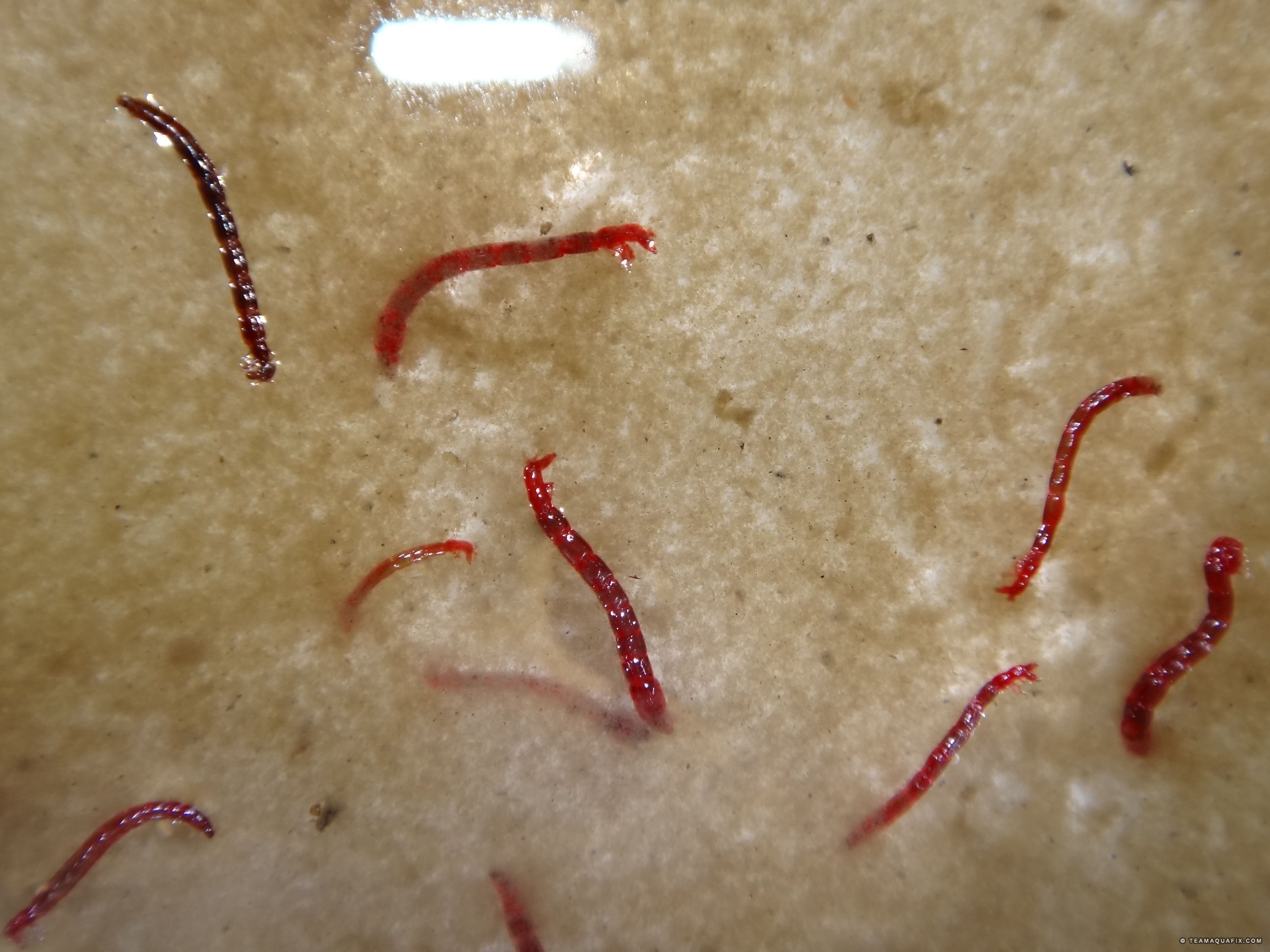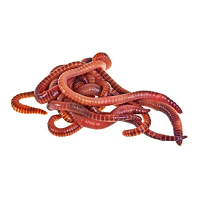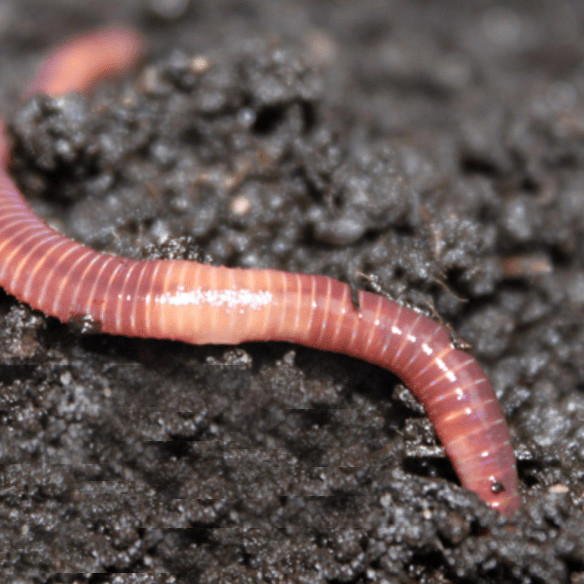Eco-friendly red wigglers: Improve composting
Eco-friendly red wigglers: Improve composting
Blog Article
Why Red Wigglers Are Important for Organic Farming
Red wigglers play an essential role in organic farming, largely via their unique capacity to break down natural products and boost dirt health and wellness. The level of their effect on agricultural methods and dirt biology raises interesting questions about the future of organic farming.
Role of Red Wigglers in Soil Health

In addition, red wigglers enhance dirt structure by creating channels as they delve. These channels improve oygenation and water seepage, promoting a healthier root environment. Their task likewise helps in keeping optimum wetness levels, which is vital for healthy and balanced plant development.

Advantages of Worm Castings
Worm castings, the nutrient-rich excrement produced by red wigglers, serve as an effective amendment for organic farming. These spreadings are packed with crucial nutrients such as nitrogen, phosphorus, and potassium, which are important for plant growth. Unlike synthetic fertilizers, worm spreadings release nutrients slowly, providing a steady supply over time and decreasing the risk of nutrient leaching and runoff.
Moreover, worm spreadings improve soil framework and aeration, promoting healthier origin systems. Their high natural issue web content improves wetness retention, making it possible for plants to better hold up against drought conditions. Additionally, worm castings include useful bacteria that sustain plant health by suppressing pathogens and boosting nutrient uptake.
The application of worm spreadings can cause enhanced plant returns and improved high quality of fruit and vegetables, making them a vital resource for organic farmers. Their use also straightens with sustainable farming methods, contributing to soil fertility without the adverse environmental effects connected with chemical fertilizers. Overall, the consolidation of worm spreadings into agricultural methods fosters a more durable and productive ecosystem, highlighting the importance of red wigglers in organic farming systems.

Enhancing Nutrient Cycling
(red wiggler worms for sale)Vitamins and mineral cycling is a vital process in organic farming, and the assimilation of red wigglers plays a pivotal function in enhancing this cycle. As red wigglers consume decaying organic issue, they excrete nutrient-rich castings, which are bristling with valuable microbes.
Moreover, red wigglers help to accelerate the mineralization of nutrients, transforming them from inert types into bioavailable forms that plants can helpful site soak up. This procedure is crucial for preserving soil fertility and advertising healthy crop growth. The presence of red wigglers also encourages a diverse dirt community, cultivating a balance of nutrients that supports numerous plant types.
Improving Soil Structure
The enhancement of dirt framework is crucial for promoting a healthy agricultural ecological community, and the task of red wigglers considerably contributes to this improvement. These earthworms play an important duty in aerating the soil and producing a network of networks that facilitate water infiltration and root infiltration. As they burrow via the dirt, red wigglers damage up compacted layers, enabling better oxygen exchange and promoting microbial task.
Moreover, the raw material produced from their waste, referred to as vermicast, improves soil gathering. This procedure creates steady clumps of dirt fragments, boosting dirt porosity and decreasing disintegration (red wigglers). The visibility of red wigglers also encourages the advancement of beneficial fungal networks, which are crucial for nutrient uptake by plants
Encouraging Lasting Practices
Integrating red wigglers right into chemical-free farming practices not just boosts soil wellness however also advertises sustainable farming methods. These earthworms play a crucial role in nutrition cycling, changing natural waste right into beneficial garden compost that enhances the soil. By using red wigglers, farmers can efficiently minimize reliance on artificial plant foods, therefore minimizing chemical overflow and its destructive results on ecological communities.
Additionally, the unification of red wigglers urges the technique of reusing organic products, such as kitchen area scraps and ranch waste. This waste decrease technique not only lowers disposal costs but likewise cultivates a closed-loop system where nutrients are continually returned to the soil (red wigglers). Such techniques are essential in reducing environment adjustment, as they improve carbon sequestration and lower greenhouse gas exhausts
Additionally, red wigglers improve water retention in the soil, which is essential in times of drought. Their burrowing tasks develop channels that enable water to penetrate deeper into the ground, hence advertising reliable water usage. Ultimately, integrating red wigglers right into organic farming not only supports biodiversity however also aligns with the concepts of sustainable agriculture, offering an all natural technique to food production.
Verdict
To conclude, red wigglers play an important duty in organic farming by considerably boosting dirt health and fertility. Their ability to decompose raw material and create nutrient-rich spreadings cultivates a growing microbial community, which is vital for nutrient cycling. Furthermore, the tunneling activities of these worms enhance soil structure and oygenation, promoting better water infiltration and root development. Thus, the assimilation of red wigglers right into agricultural practices is essential for promoting sustainability and boosting total soil top quality.
Report this page